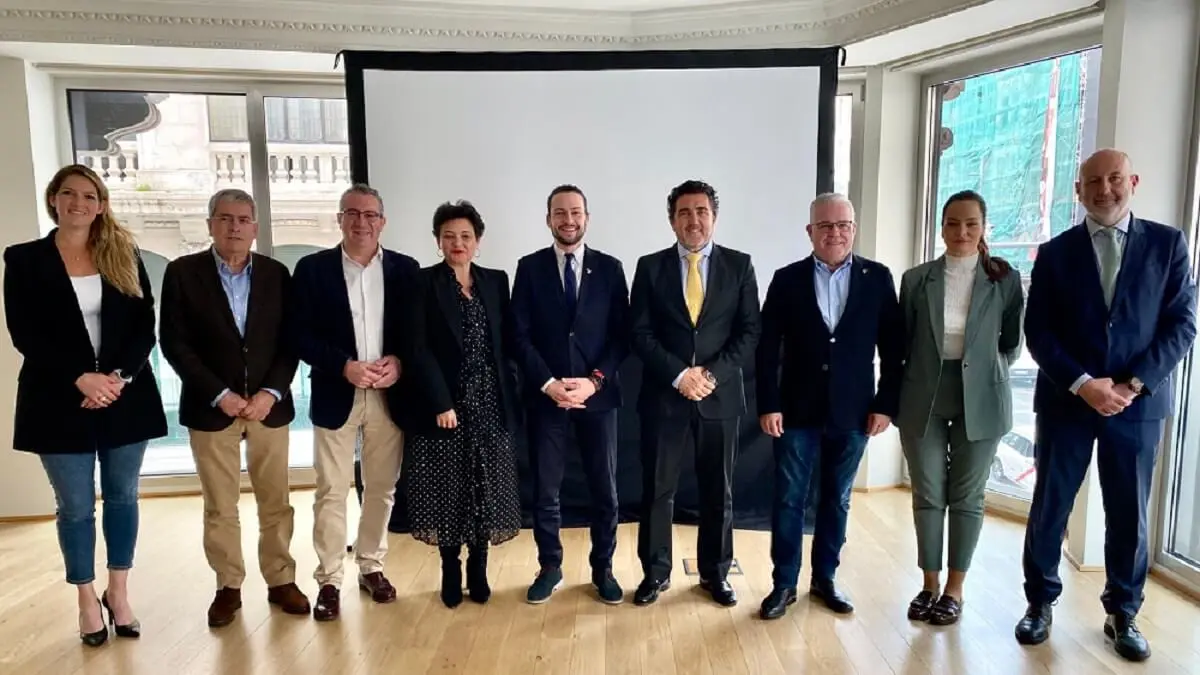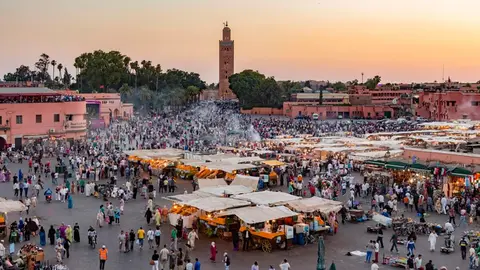Spain's tourist municipalities promote blue tourism

Adeje, Arona, Benidorm, Calvià, Lloret de Mar, Salou, San Bartolomé de Tirajana and Torremolinos are reorienting their sun and beach tourism strategy with a sustainable, cultural and marine environment preservation approach.
The eight towns that make up the Alliance of Spanish Tourist Municipalities (AMT) have decided to promote the concept of blue tourism, an innovative strategy that seeks to transform traditional sun and beach tourism, incorporating principles of sustainability, promotion of local culture and protection of the marine environment.
This initiative is part of the AMT's commitment to lead responsible and quality tourism in Spain.
Blue tourism is defined as a tourism approach that prioritises the conservation of marine and coastal ecosystems, while promoting the sustainable development of local communities. This strategy seeks not only to reduce the environmental impact of tourism, but also to revalue the cultural and natural wealth of coastal destinations, creating authentic and responsible experiences for visitors.
The president of the AMT and mayor of Calviá, Juan Antonio Amengual, highlighted the relevance of this new direction, as ‘this new concept represents a paradigm shift in the way we manage our tourist destinations. It is not just about enjoying the sun and the beach, but about doing so in a conscious, respectful and sustainable way. We want our municipalities to be examples to follow in the conservation of the environment and the promotion of our local culture. This initiative is an opportunity to position the AMT as a leader in the transformation of tourism towards a more sustainable model’.
The adoption of the blue tourism concept has been the result of a collaborative process involving experts in sustainable tourism and representatives of the member municipalities of the AMT. The official presentation of blue tourism to the members of the Alliance took place during a meeting held in Madrid in March 2024, where the objectives and strategic actions to be implemented in the next actions were discussed.
‘Blue tourism is not only a response to the growing demands of travellers for more authentic and sustainable experiences, but also an imperative to preserve our natural and cultural resources for future generations,’ added Amengual. ‘The AMT is committed to leading this transition, working hand in hand with all stakeholders,’ he said.
With this initiative, the AMT reinforces its role as a pioneer in the evolution of tourism in Spain, seeking to generate a positive impact on both the environment and local communities. The adoption of blue tourism not only underlines the responsibility of tourist municipalities towards the environment, but also opens up new opportunities for sustainable economic development and the promotion of the cultural identity of coastal regions.










